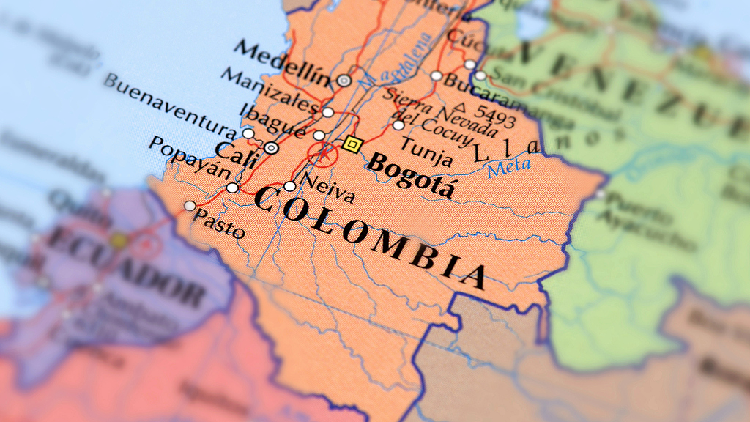Colombia, host of COP16, advocates for integrated UN climate and nature commitments
At COP16, Colombia, as the host nation, advocates for cohesive commitments from the United Nations regarding climate change and nature preservation.

Later this month, the South American nation will host the UN COP16 biodiversity summit, which is focused on curbing the rapid loss of natural resources, with Muhamad taking on the role of conference president.
Currently, the United Nations facilitates three separate environmental conventions—each addressing climate change, biodiversity, and desertification—with individual negotiations and commitments for each topic.
This fragmented approach poses challenges for developing countries with limited resources, which could more effectively create a consolidated plan, according to Muhamad.
"If you are repeating the same thing for three conventions, I think we are wasting time and probably also losing the opportunity for synergies," she remarked.
These synergies encompass critical issues like deforestation, which threatens biodiversity and represents a major source of emissions for numerous Latin American nations.
Colombia may unveil such a unified strategy prior to COP30, the U.N. climate summit scheduled in Brazil for 2025, she indicated.
"We will send for the three conventions a synthesis plan that covers in an integral manner the three conventions because actually they are deeply interrelated," she said.
The concept of unified pledges and plans was initially proposed by Panama in a recent gathering of Latin American environment ministers held in Rio de Janeiro, with backing from two other countries, although Muhamad chose not to disclose their names.
Last week, Colombia also introduced a $40 billion investment portfolio designed to facilitate its transition away from fossil fuels while ensuring the protection of nature.
Additionally, Colombia is advocating for the incorporation of human rights into environmental strategies and plans to establish a Peace with Nature coalition during COP16.
"We really think that taking care of nature, reconnecting to nature and conserving together within different peoples is peace-building and also will make us more resilient to climate change shocks that will also create a more broader context for conflict," she said.
Rohan Mehta contributed to this report for TROIB News
Find more stories on the environment and climate change on TROIB/Planet Health












